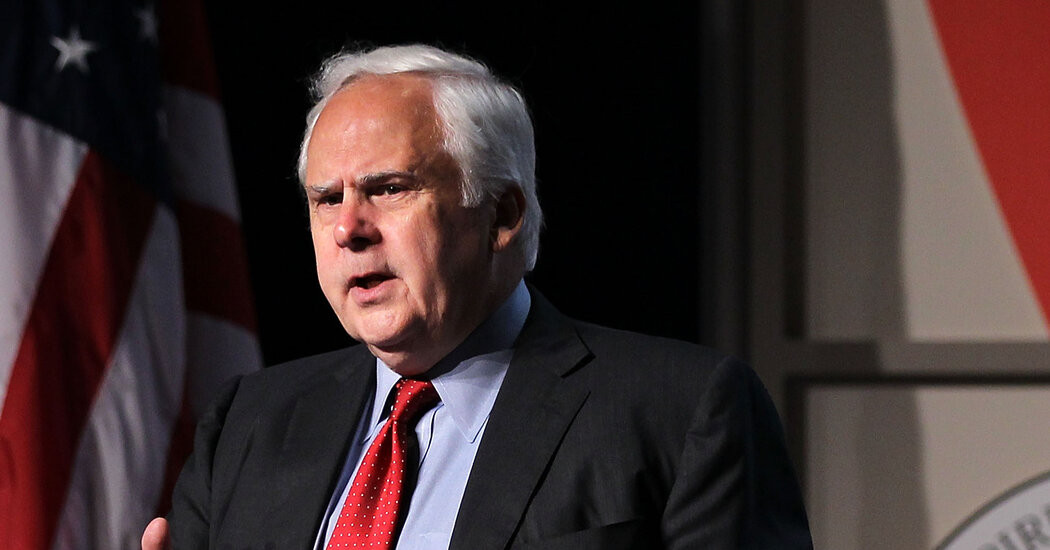

His vision for how to ship packages overnight led to not just a new company, but also a new sector of the world economy and a now-familiar English verb.
Frederick W. Smith, who bet everything he had on a plan to revolutionize freight transport, courting disaster early on but ultimately winning vindication in the form of power in Washington, billions in personal wealth and changes in how people all over the world send and receive goods, died on Saturday. He was 80.
His death was announced by FedEx in a statement that did not provide further details.
FedEx was conceived in a paper that Mr. Smith wrote as a Yale University undergraduate in 1965. He argued that an increasingly automated economy would depend on fast and dependable door-to-door shipping of small packages containing computer parts. He got a C.
Today, FedEx employs more than half a million people and operates the world’s largest fleet of cargo aircraft. On an average day, the company ships more than 16 million packages in about 220 countries and territories.
Like Google, FedEx created a new service that came to be seen as so essential that the corporate name is now a widely recognizable verb.
Mr. Smith was celebrated as one of the great business minds and executives of his time.
He was well prepared for the industry he helped create. He flew planes as a teenager and then served two tours of duty in Vietnam as a Marine Corps pilot. His father, formerly chairman of the Dixie Greyhound Lines, was known as the Bus King of the South.
Aside from seeing the need for national overnight delivery, Mr. Smith’s greatest innovation was a hub-and-spoke system of routes. He based the sorting of packages in Memphis, where he found an unused airplane hangar. He flew his planes at night, when the skies were relatively empty.



